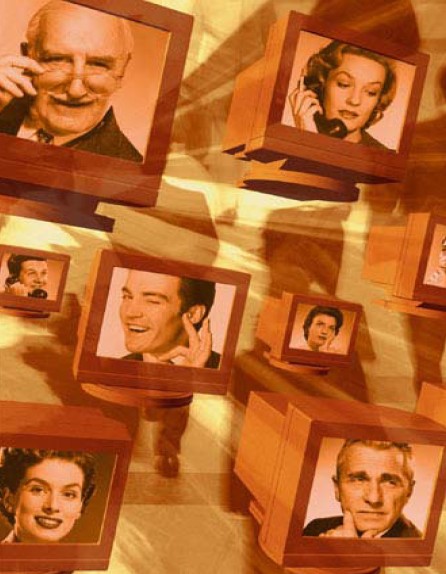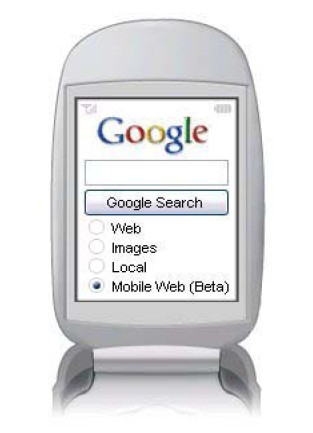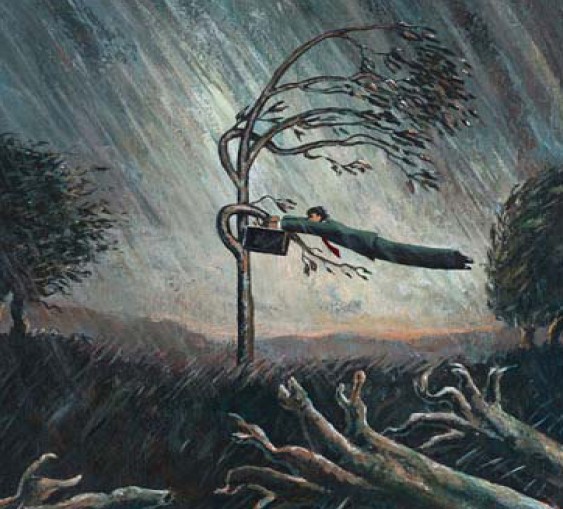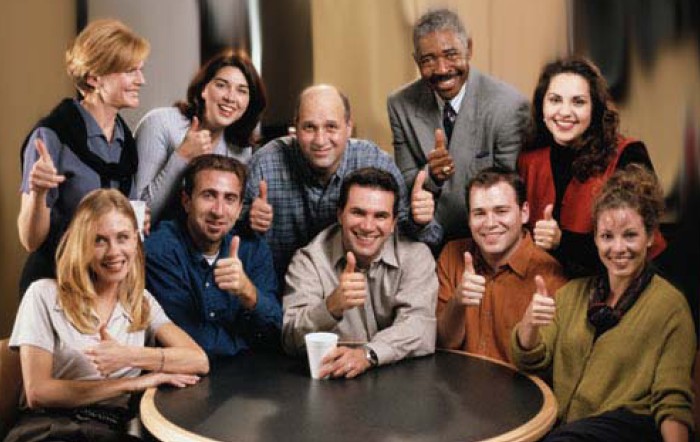|
 |
The Media Transforma |
|
| To understand where weвҖҷre going, it helps to understand where weвҖҷve been. If you bought a new car 10 years ago, it came standard with a cassette deck, but a CD player was a somewhat expensive option. If you buy a new car today, it comes standard with a high-end CD player, but a cassette tape deck is an expensive and almost useless option. The cassette tape, which revolutionized the way we listen to and share music with others, is dead. |
|
|
 |
A New Internet Boom |
|
| Very few companies get to a point where their names become both a noun and a verb in everyday parlance. In the 1960s, Xerox achieved that feat. But, the only company to come close to that achievement in recent times is Google. |
|
|
 |
Resilience Is the De |
|
| Most business executives have traditionally viewed business models as static constructs that work on a simple input-output method. And yet today, because of a variety of forces, from globalization to the information revolution, companies are being forced to face the fact that nothing is static anymore. All systems, including business models and strategies, are dynamic and ever-evolving. |
|
|
 |
Companies Rethink Ho |
|
| As the labor market tightens and skilled workers become scarce, companies are casting a wider net for employees. |
|
|
 |
к·ңм ңлҘј н’Җм–ҙм•ј, кІҪм ңк°Җ мӮ°лӢӨ |
|
| лҜёкөӯ м •л¶Җмқҳ вҖҳк·ңм ңвҖҷлҠ” кё°мҲ кІҪм ң нҳҒлӘ… мӢңлҢҖм—җ л§Ҳм№ҳ мҠӨнғҲлҰ°мқҳ кІҪм ңм„ұмһҘ 5к°ңл…„ кі„нҡҚкіј к°ҷмқҖ м—ӯн• мқ„ н•ҳкі мһҲлӢӨ. л¬ҙлҰҮ к·ңм ңлһҖ л¶ҖлҘј м°Ҫм¶ңн•ҳкі мӮ¶мқҳ м§Ҳмқ„ к°ңм„ н•ҳкё°ліҙлӢӨлҠ”, мҙқкҙ„м ҒмңјлЎң мһ мһ¬м Ғ мһ¬м•ҷмқ„ мқҙлҒ„лҠ” л¶ҖлӢҙмқ„ мқҳлҜён•ҳлҠ” кІҪмҡ°к°Җ л§ҺлӢӨ. к·ңм ңлҘј м–ҙл–»кІҢ л°”лқјліҙкі м–ҙл–Ө н•ҙкІ°мұ…мқ„ кө¬н•ҙм•ј н• к№Ң? лҜёкөӯ кІҪм ң к·ңм ңлҘј нҶөн•ҙ к·ңм ңмҷҖ н•ҙкІ°мұ…м—җ лҢҖн•ҙ м•Ңм•„ліҙмһҗ. |
|
|






 [118]ұЗ
[118]ұЗ 




